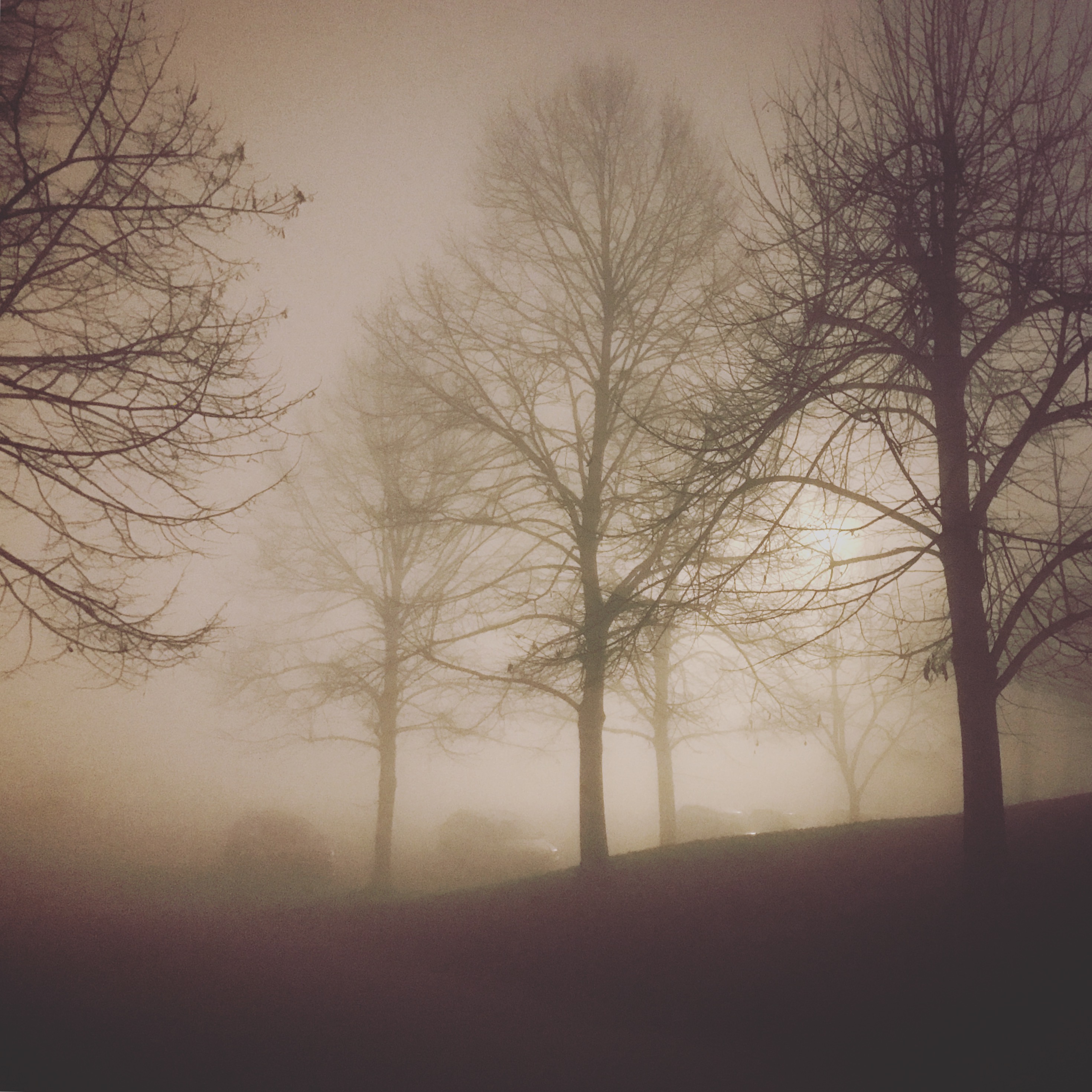Michele è un cinquantacinquenne orgoglioso e solitario che lavora di notte come guardiano in una fabbrica di provincia. La chiusura dello stabilimento e la morte della madre stravolgono la sua quotidianità: l’uomo reagisce ai cambiamenti aggrappandosi alle proprie certezze, ma i fatti lo costringono inevitabilmente a mettere in discussione il suo mondo. La frustrazione e la rabbia che Michele cerca di reprimere sono destinati a esplodere nella ricerca ossessiva di una rivincita personale.
Prendendo come punto di partenza la cronaca della provincia italiana, I Fuochi tratta della crisi estrema di un uomo qualunque. La perdita delle certezze e la crisi dei ruoli sociali, il riscatto dalle inquietudini personali attraverso la ricerca di capri espiatori, l’impulso all’odio tipici dell’epoca che stiamo vivendo hanno dato vita a regioni extraurbane in cui ogni soggetto persevera con orgoglio nel combattere una continua guerra personale, piena di contraddizioni, spinte irrazionali e rabbia verso bersagli e nemici scelti più per prossimità che per arbitrio. Questi precisi conflitti hanno risvolti sociali (e politici) strettamente legati al nostro presente e al momento storico del nostro Paese. I Fuochi è l’immersione in un mondo che ha perso la sua identità: la provincia del nord d’Italia, post-rurale e post-industriale, è ritratta come immaginario universale che esplora dinamiche comuni ad altri territori. I Fuochi è un western contemporaneo atipico, che coniuga gli stilemi del nuovo cinema rurale americano a quelli del film d’autore tipicamente europeo. Michele esprime l’esasperazione di una generazione spesso priva di un’educazione emotiva che ha incentrato orgogliosamente la sua vita su un lavoro che credeva sarebbe stato suo per sempre. Il cambiamento lo coglie impreparato, costringendolo a mettere in discussione se stesso e il suo ruolo all’interno della comunità: un personaggio solo, post-ideologico e individualista, incapace di compiere uno scatto, se non razionale almeno umano. La storia di Michele ci riguarda molto più da vicino rispetto alla condizione volutamente estremizzata del personaggio ed è questa l’urgenza che mi spinge a volerla raccontare. Mai come in questi tempi di cambiamenti così rapidi e violenti è necessaria una riflessione su ciò che siamo, su ciò che eravamo e su quello che potremmo essere.
